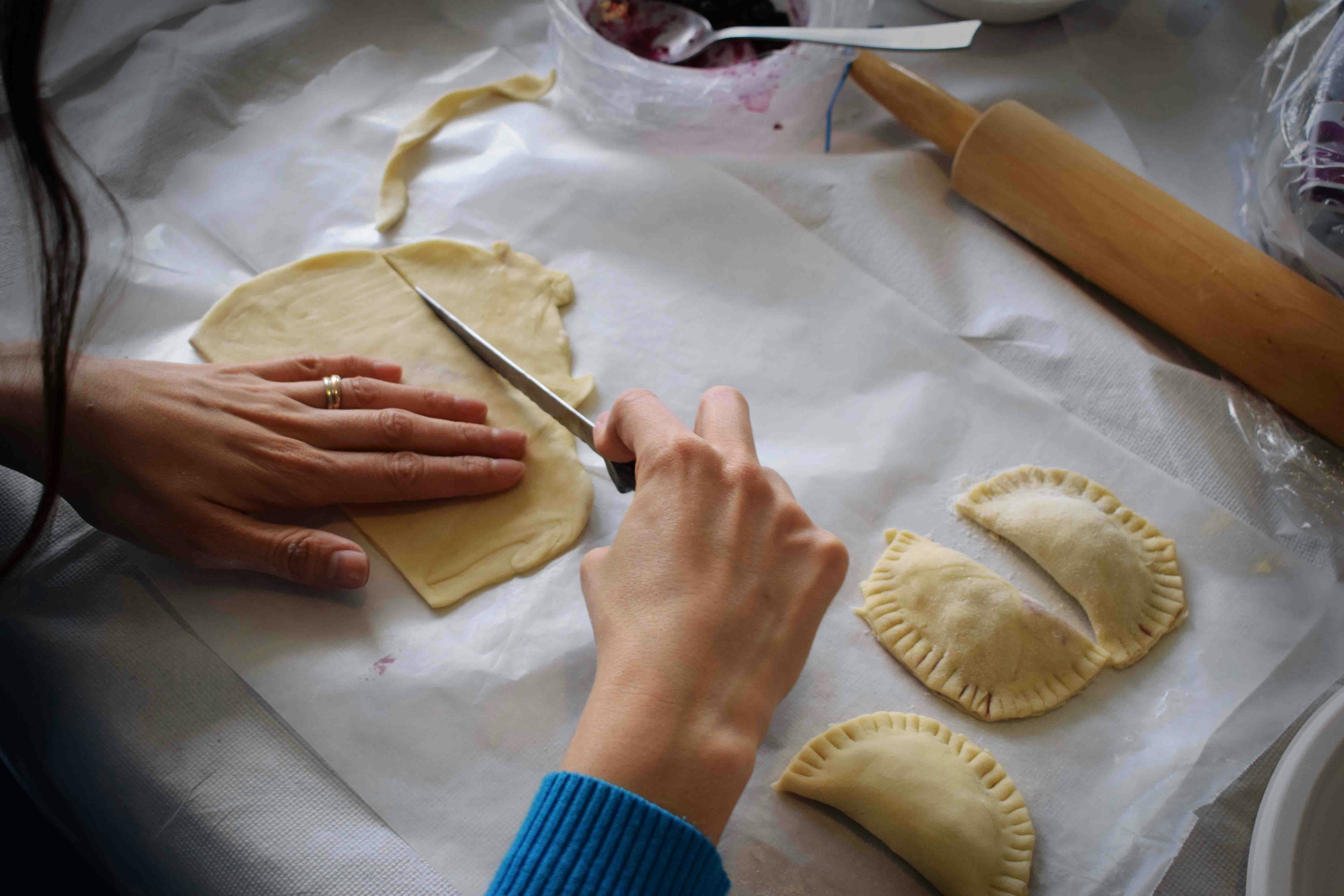Hi there! Have you ever wondered if you can freeze beets after cooking them? Well, in this article, we’ll explore whether or not it’s possible to freeze beets once they’ve been cooked. We’ll also discuss some tips and tricks for freezing beets to ensure they stay fresh and delicious. So, if you’re curious about preserving your cooked beets for later use, keep reading to find out all the details!
What is the Best Way to Freeze Cooked Foods like Beets and Whitefish?
When freezing cooked whitefish, the best way is to ensure it is fully cooled before wrapping it in airtight packaging. For beets, they should be cooked, peeled, and then sliced or chopped before freezing. For both, label the packaging with the date to keep track of freshness.
Can You Freeze Beets After Cooking
Beets are a versatile and nutritious vegetable that can be enjoyed in a variety of dishes. Whether it’s roasted, sautéed, boiled, or even pickled, beets offer a delicious and earthy flavor that many people love. But what do you do when you have cooked too many beets and don’t want them to go to waste? Can you freeze beets after cooking? The short answer is yes, you can freeze beets after cooking. Freezing beets can help to preserve their freshness and flavor, allowing you to enjoy them at a later date.
Why Freeze Beets After Cooking
There are several reasons why you might choose to freeze beets after cooking. Firstly, freezing cooked beets is a great way to extend their shelf life. This is especially useful if you have cooked a large batch and want to save some for later. Additionally, freezing beets can help to lock in their nutrients and maintain their vibrant color. When beets are properly frozen, they can be stored for up to 12 months without sacrificing their taste or quality.
Preparing Beets for Freezing
Before you can freeze cooked beets, it’s important to properly prepare them. Start by washing the beets thoroughly under cold running water to remove any dirt or debris. Once clean, trim both the stems and roots, leaving about an inch of each intact. This will help to prevent any bleeding of color during the cooking process. Once trimmed, you have the option to either cook the beets whole or cut them into smaller pieces. If you decide to cut the beets, try to keep the pieces as uniform as possible to ensure even cooking.
Blanching Beets
To ensure that the beets freeze well and maintain their color, it’s recommended to blanch them before freezing. Blanching involves briefly cooking the beets in boiling water, then immediately transferring them to an ice bath to stop the cooking process. To blanch beets, bring a large pot of water to a rolling boil. Carefully add the beets and cook for 3-5 minutes, depending on their size. The beets are ready when they are just tender but still firm. Using a slotted spoon or tongs, transfer the beets to a bowl of ice water and let them cool for 5 minutes.
Cooling and Draining Beets
After the beets have cooled in the ice water bath, it’s important to thoroughly drain them to remove any excess moisture. You can do this by placing the beets on a clean kitchen towel or paper towels and gently patting them dry. It’s crucial to remove as much moisture as possible to prevent ice crystals from forming during the freezing process, which can affect the texture and taste of the beets.
Packaging Beets for Freezing
Once the beets have been blanched and dried, it’s time to package them for freezing. There are several options for packaging beets, depending on your preference. One option is to use freezer-safe plastic bags. Simply place the beets in the bags, squeeze out any excess air, and seal them tightly. Alternatively, you can use airtight containers or freezer-safe glass jars. Whatever packaging method you choose, make sure to leave some headspace to allow for expansion as the beets freeze.
Labeling and Dating Beets
Before placing the packaged beets in the freezer, it’s important to label and date them. This will help you keep track of when the beets were frozen and ensure that you use the oldest ones first. Use a permanent marker or freezer tape to write the date of freezing on the packaging. It’s also a good idea to write the contents, in this case, “cooked beets,” to avoid any confusion later on.
Freezing Beets
Once you have packaged, labeled, and dated the beets, it’s time to place them in the freezer. Make sure your freezer is set to 0°F or below for optimal freezing. Lay the packaged beets flat in a single layer on a baking sheet or tray, making sure they are not touching each other. This will help to freeze them quickly and prevent them from clumping together. Once frozen solid, you can transfer the beets to a designated spot in your freezer for long-term storage.
Thawing Beets
When you’re ready to use your frozen beets, it’s important to thaw them properly. The best way to thaw cooked beets is to transfer them from the freezer to the refrigerator. Allow them to thaw slowly and evenly overnight or for at least 8 hours. Thawing the beets in the refrigerator will help to maintain their texture and flavor. Once thawed, the beets can be eaten cold, added to salads, or reheated in various dishes.
Using Frozen Beets
Now that you know how to freeze and thaw beets, you may be wondering how to use them. Frozen beets can be used in a variety of ways, depending on the recipe you choose. They can be added to soups, stews, or stir-fries, or even used as a topping for pizzas or sandwiches. You can also puree the thawed beets and use them in dips, spreads, or dressings. The possibilities are endless, so get creative and experiment with different ways to incorporate frozen beets into your meals.
Conclusion
In conclusion, freezing beets after cooking is a convenient and practical way to preserve their flavor and freshness. By properly preparing, blanching, packaging, and labeling the beets, you can enjoy their vibrant color and earthy taste for up to 12 months. Whether you’re looking to save a surplus of cooked beets or simply want to meal prep for the future, freezing is a reliable method that allows you to enjoy beets all year round. So the next time you find yourself with an abundance of cooked beets, don’t hesitate to freeze them and extend their shelf life.





